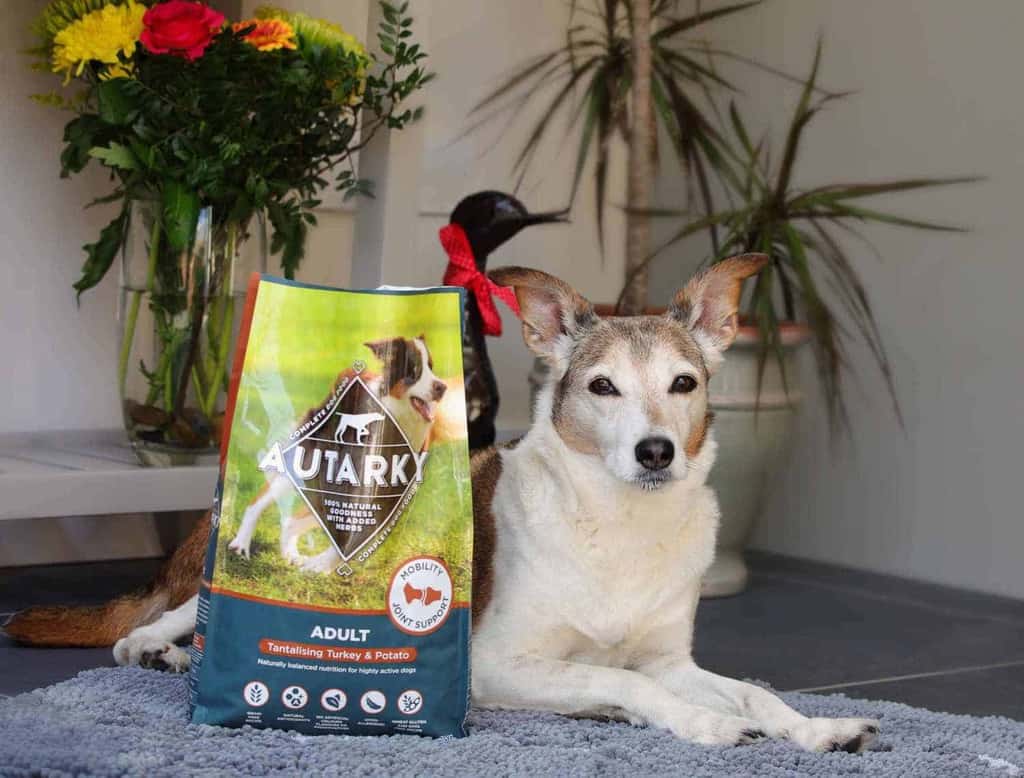
The Havanese is a bichon-type dog and the national dog of Cuba. It is a descendant of the extinct Blanquito De la Habana, and the Bichon Tenerife. They make great companions, are good at retrieving, guarding, and even working.
A good companion dog
The Havanese, a small and lively dog, thrives on an active lifestyle. Although small and slim, this breed is extremely intelligent and can be trained. They love playing with other dogs, and they enjoy going for walks. They make excellent watchdogs and excel at agility.
The Havanese makes a wonderful companion dog. They love to spend time with their owners and are friendly. They love to perform tricks such as jumping through a hula hoops or climbing up balance beams. Though they require frequent grooming, their love and companionship make them well worth the effort.
Legg-Calve-Perthes
Legg Calve-Perthes, a degenerative joint condition in the hip area for the Havanese, is called. The disease can lead to lameness, arthritis, and muscle atrophy. Surgery is an option. Treatment depends on the severity and location of the disease. In mild cases, pain medications and medical therapy can control symptoms. The disease is more common in overweight dogs.

Legg Calve Perthes disease is an inheritance. It causes the head of the femur to degenerate due to an inadequate blood supply. In severe cases, the knee cap may dislocate, causing pain and limited mobility. The condition usually starts in childhood. It is more common for white children.
Questions about health
Havanese dog breeds have particular health requirements. Your veterinarian will advise you on the right vaccinations for your pet. The vaccines can be given as soon as your pet is 6 weeks old. Checking your dog for any other health issues such as genetic disease may be a good idea. You can also get preventative care products such as flea or tick medication from your vet. These medications are often based on dog weight and can be applied to the skin of your dog.
The Havanese breed also has joint and bone issues. Chondrodysplasia punctata is an example of uneven growth that can cause limping. Legg-Calve-Perthes, another health issue, can cause joint pain and arthritis. Havanese can also suffer from elbow joint slippage called patellarluxation. Havanese may also be affected by liver shunt. This causes toxic substances to build up in their hearts.
Care
Heart disease is the leading cause of death in Havanese dogs aged over 80. It is therefore important to keep your pet's heart healthy. Most heart problems in dogs result from a weakening or deterioration of one of their heart valves. This allows blood to leak back around a valve, straining it. Heart murmurs can indicate that your pet may have heart valve disease. Basic tests can be run by your veterinarian to rule any other serious conditions like irregular heartbeats and heart disease. A veterinarian can make treatment recommendations for your specific dog's unique needs.
Havanese need to be looked after their eyes. This will ensure that they are healthy and happy. Eye care for Havanese can help prevent vision loss and relieve discomfort. Cats can suffer from eye problems ranging from chronic pain to corneal damage. There are many treatments available.
Grooming

Habanese grooming requires that you consider several factors. First, you need to consider the length and texture of the hair. The Havanese is known for their long silk coat that consists of a short undercoat and a long outer coat. You can have your outer coat straight, curled, or wavy and in any color.
The coat of a Havanese needs daily grooming. It needs to be brushed or sprayed with a fine mist sprayer. Drying the coat is better than wetting it. The outer layer of the dog's coat should not be touched.
FAQ
How to Make Your Pet Smile
Pet owners often wonder how they can make their pets happy. Some people buy toys, treats, and even clothes for their pets. This might not work for all pets, as some pets may not like certain items. Some dogs, for example, can't bear sweaters.
So, before buying something for your pet, try to figure out why he doesn't like it. You may discover that he just likes different kinds of foods than you do. Maybe he doesn't like wearing shoes.
Another tip is to play games with your pet. You can also use a ball and a frisbee. Throw it around the room. You can either throw it around the room and let your friend chase it. This game will make you both laugh. It's relaxing and fun.
Another good idea is to give your pet a bath once every week or two. A bath helps to remove dead skin cells and dirt from your pet's coat. And it keeps him smelling nice.
Also, it is important to ensure your pet's health. Don't allow him to eat junk foods. Instead, feed him high-quality food. Get him plenty of exercise. Go outside and take him to play fetch or for a walk.
Spending time with your pet is a great way to bond. Many pets will prefer to spend time with their owners, rather than being left alone.
Don't forget to show unconditional love for your pet. Don't yell at your pet or hit him. Be patient with the boy. Be patient with him.
Which breed is easier to train, cats or dogs?
The answer is both. It all depends upon how you approach training them.
Children learn faster when you reward them for their good behavior. You can ignore them if they don’t listen. They’ll eventually start to ignore your commands.
There is no right or bad answer. You have to decide what the best way is to teach your cat/dog.
Should I spay/neuter/neuter a dog?
Yes! It's very important to spay or neuter your dog.
Not only does it reduce the number of unwanted puppies in the world, but it also reduces the risk of certain diseases.
In female dogs, the chance of developing breast cancer is higher than it is in male dogs.
Testicular cancer is more common in males than it is in females.
The spaying or neutering of your pet can also help to prevent her from having babies.
How long should a dog remain indoors?
Dogs are curious by nature. They need to have an outlet for this curiosity. If they don't have a place to go, they can be destructive. This can cause damage to property and injuries to people.
It is important that dogs are kept on a lead when they go outside. The leash protects dogs from being in trouble and allows them to explore their environment without fear.
Your dog will be bored and restless if you keep him inside. He will begin to chew furniture and other things. His nails may grow too long, which could lead to health issues.
The best way to prevent these negative consequences is to let your dog run free at least once daily. You can take your dog for a walk in the neighborhood, ride in the car or to the park.
This will make him feel more energetic and provide him with something to do.
How much money should I spend on a pet?
One good rule of thumb: Budget around $200-$300 per Month.
This will vary depending on where you live. In New York City for instance, the average monthly spending would be $350.
In rural areas, however, you might only need to spend $100 per month.
You should remember to buy high-quality items like collars, leashes, toys, and the like.
A crate is a great investment for your pet. This will keep him safe during transport.
What should you think about when purchasing a pet for your family?
You must first consider what kind lifestyle you wish for yourself, your family, and your friends. Do you have children? If so, how many? Are they still young? Are there any special dietary requirements?
Do you have allergies? Do you have any other questions about your pet?
These questions will help you decide if you want an active companion, a quiet pet dog, a cat that is house-trained, or a fish tank with tropical fish.
If you are thinking about adopting a puppy, be sure to go to a shelter or rescue group to get to know them.
You should also check to see if the animal is vaccinated for rabies and other diseases.
Ask the owner if they will care for the pet while you are away. This way, you won't have to worry about leaving your pet at home alone.
You should remember that pets are a part of your family and that you should not adopt them unless you truly love them!
Statistics
- It's among a relatively few companies that provide policies with a full (100%) coverage option, meaning you are not responsible for any co-payment of bills. (money.com)
- It is estimated that the average cost per year of owning a cat or dog is about $1,000. (sspca.org)
- Monthly costs are for a one-year-old female mixed-breed dog and an under one-year-old male domestic shorthair cat, respectively, in excellent health residing in Texas, with a $500 annual deductible, $5,000 annual benefit limit, and 90% reimbursement rate. (usnews.com)
- In fact, according to ASPCA, first-year expenses can sum up to nearly $2,000. (petplay.com)
- Pet insurance helps pay for your pet's medical care, with many policies covering up to 90 percent of your vet bills. (money.com)
External Links
How To
How to choose a good name for your pet?
When adopting a pet, the name you choose for them is one of your most important decisions. You want your pet's name to reflect their personality.
Also, think about how others might refer you to them. For example, if you plan to use their name when speaking with someone. You should also consider how you would like to be called. You might be more inclined to call yourself "dog", or "pet".
Here are some tips for getting started.
-
Choose a name that is appropriate for your dog's breed. Look up the names associated to the breed, if you have a good idea of what it is (e.g. Labradoodle). Ask someone who is knowledgeable about dogs to suggest names based on that breed.
-
Take into account the meaning behind the name. Some breeds were named after people or specific places, while others are just names. A Labrador Retriever, for example, was given the name "Rover" as he was always running around.
-
Consider what you would like to be called. Do you prefer to be called "dog?" or "pet?" Would you call your dog "Puppy" or "Buddy"?
-
Be sure to include the name of the owner. While it is sensible to name your dog after your last name, you don't have to limit your options to include names of family members. Your dog might grow up to be a member your family.
-
Remember that pets can have multiple names. For example, a cat might go by several names depending on where she lives. When she visits her friends, she might be called "Kitty Cat" but "Molly", at home. This is especially true when cats live outdoors. Cats often choose to adopt their name according to their surroundings.
-
Be creative! There are no rules that say you have to follow a certain naming convention. You just need to choose something that is unique and memorable.
-
Make sure that your chosen name doesn't already belong to another person or group. That way, you won't accidentally steal someone else's identity!
-
Finally, remember that choosing a name for your pet isn't an exact science. Sometimes it takes time before you can determine if the name is right. Keep at it until you find the right match.